News
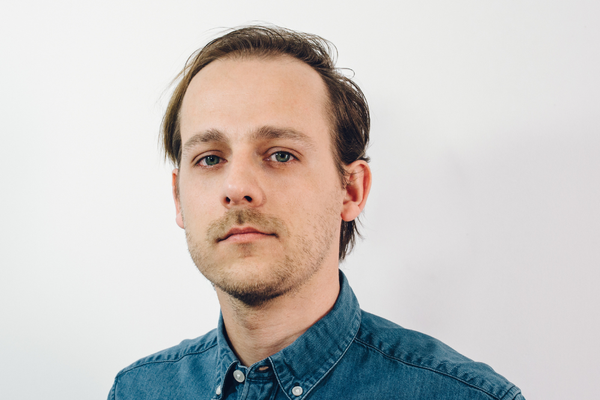
Point of view: Let’s plan the energy transition and restoration together!
Alpine spatial planning can help to resolve the contradictions between restoration and the expansion of renewable energy. This requires joint efforts involving the interests of the population and environmental organisations, says Paul Kuncio, Executive Director of CIPRA Austria.
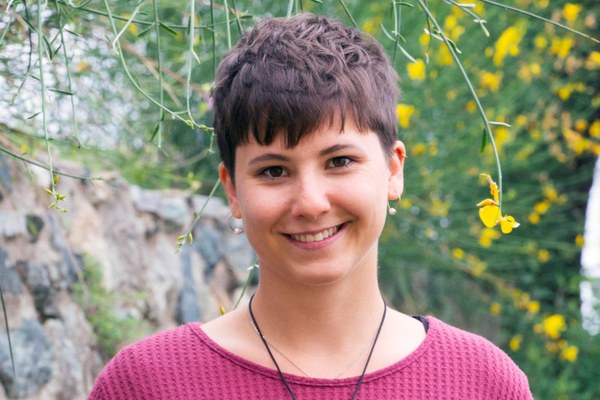
Point of view: The Alps are not an endless source of energy!
Solar, wind and hydropower are helping us become less dependent on fossil fuels such as coal, oil and gas. This can also be done without sacrificing the last biodiversity hotspots in the Alps, says Isabella Helmschrott, Executive Director of CIPRA Switzerland.
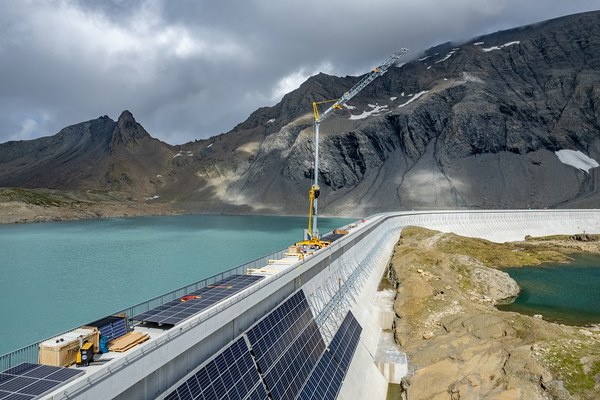
Unsuitable landscapes for energy production
The results of a recent survey from Switzerland are clear: no to energy production in almost unspoilt mountain areas. Intensively used areas around ski resorts or existing power plants would be better suited to the expansion of renewable energy.
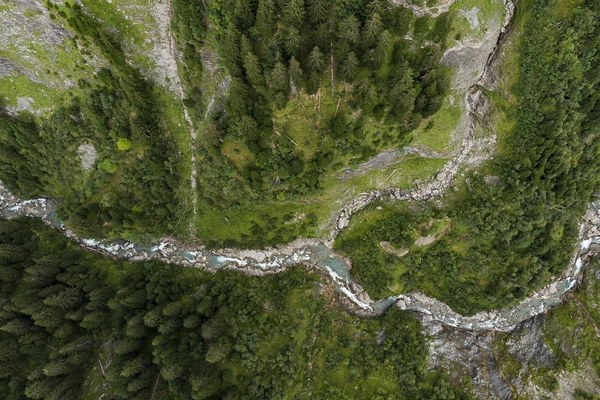
How much hydropower is ecologically sustainable ?
Renovate power plants instead of building new ones, preserve the last freshwater pearls, coordinate use and protection across countries: CIPRA has published a position paper with detailed technical demands on the use of hydropower in the Alps.

Point of view: Water will not tolerate resistance
Extreme weather conditions are also increasingly affecting the Alps. The climate crisis is driving this development. Can more and more dams, barriers or power stations solve the problem and at the same time satisfy the growing hunger for energy? We must work with the power of water rather than against it, says Kaspar Schuler, CIPRA’s Executive Director and co-author of CIPRA’s new position paper on hydropower.
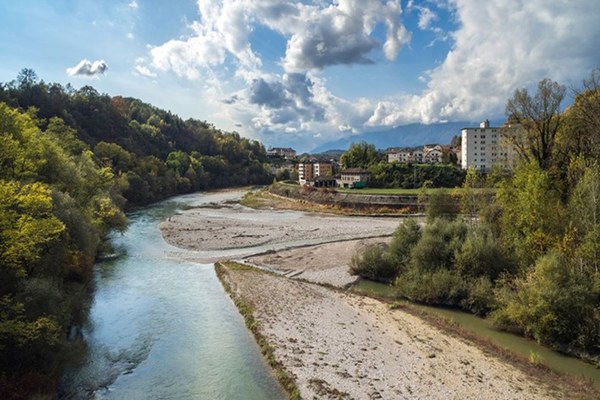
Climate protection: from plan to action
The Alps as a climate-neutral, climate-resistant region by 2050: this is the objective of the newly launched “Climate Action Plan 2.0” of the Alpine Convention. Concrete steps will now follow in such areas as mountain farming, spatial planning and biodiversity.
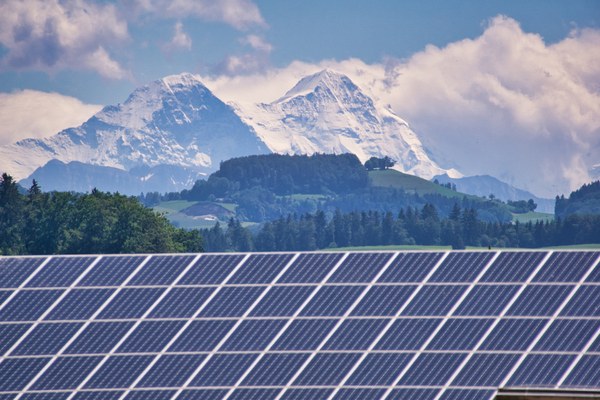
CO2 legislation: more courage needed
While the new CO2 law in Switzerland has for the time being failed, a climate protection alliance is forming in Bavaria; Austria is discussing a climate protection law; and in France the Climate Council is taking courageous decisions.
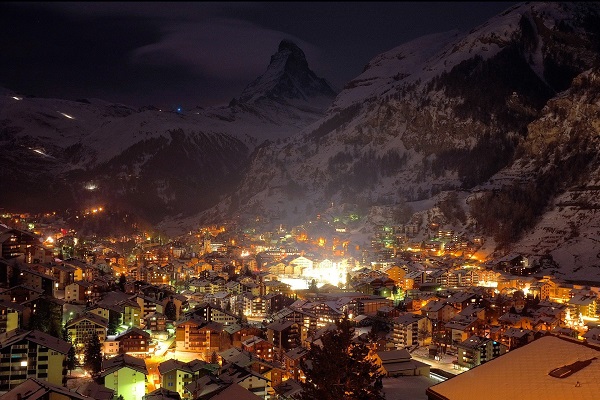
Darkness is worth protecting
Insect mortality, fewer pollinated plants, disoriented migratory birds, disturbed sleeping rhythms: the worldwide increase in light pollution has an enormous impact on flora, fauna and humans – including in the Alpine region.
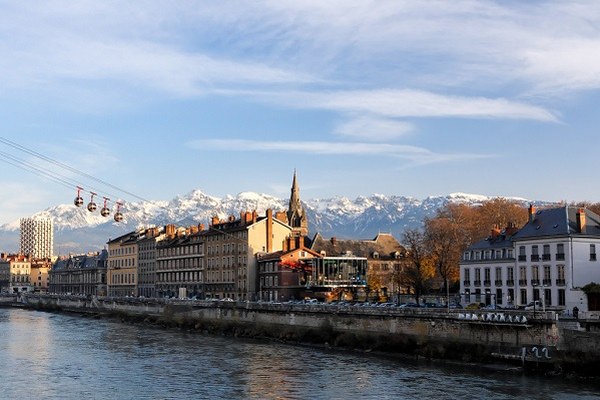
With the Alps at our backs
The French city of Grenoble aims to become the 2022 “European Green Capital”. It can play its biggest trump card in the build-up to this coveted award: the Alps.
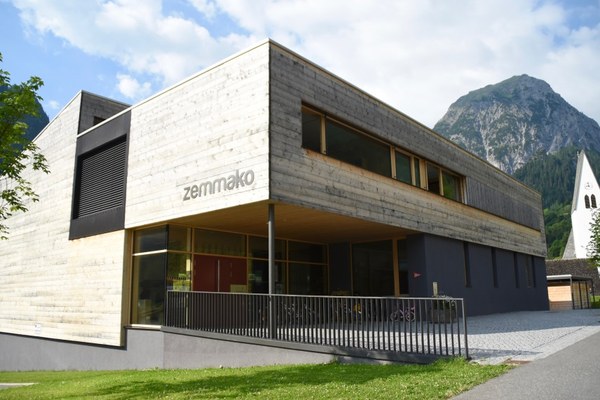
Awards for attractive, well-built constructions
At the end of October 2017 in Bern, Switzerland, Constructive Alps crowned the winning projects, demonstrating that Alpine architecture can not only be pleasing on the eye, but sustainable too.
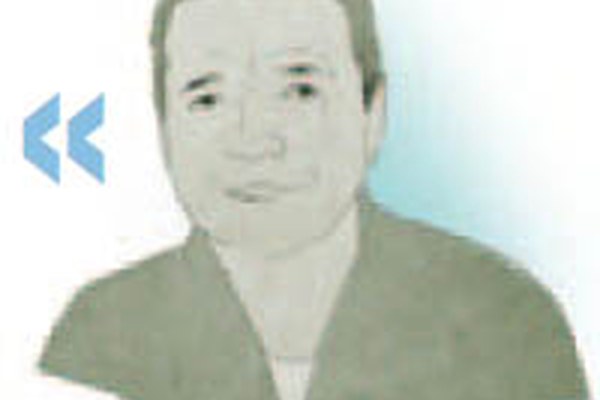
Turning risks into opportunities
On this October afternoon in the Swiss region of Surselva, the hotel in Vals is a hive of activity as a group of people discuss and gesticulate in German and Romansh. They’re engaged in an exchange of views on the opportunities, risks, and future of the valley in the wake of climate change.
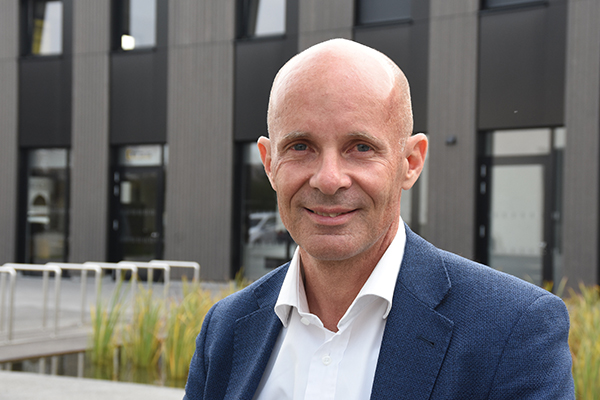
Point of view: Adaptation to climate change is inevitable
Despite progress in international climate policy, a rise in temperatures is inevitable. An adaptation now will save costs later, states Wolfgang Pfefferkorn, project manager for climate and energy at CIPRA International. Alpine regions are leading the way.
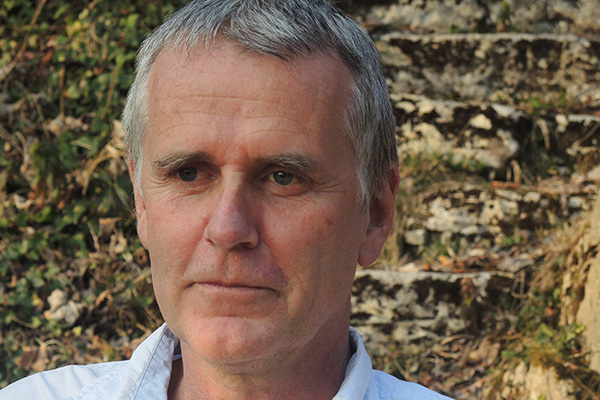
Point of view: Switzerland needs help with its climate policy
Switzerland was formerly a leading light in environmental policy. Today, sadly, it does not even have a plan for implementing the goals of the Paris climate agreement, says Hans Weber, executive director of CIPRA Switzerland.
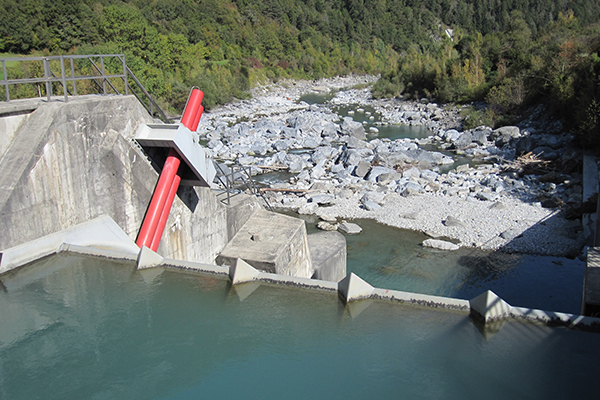
Better protection for Alpine rivers
A European legal ruling has strengthened the protection of Alpine rivers. Derogations for hydro plants or snow-making facilities are now more difficult to obtain. The politicians are up in arms.
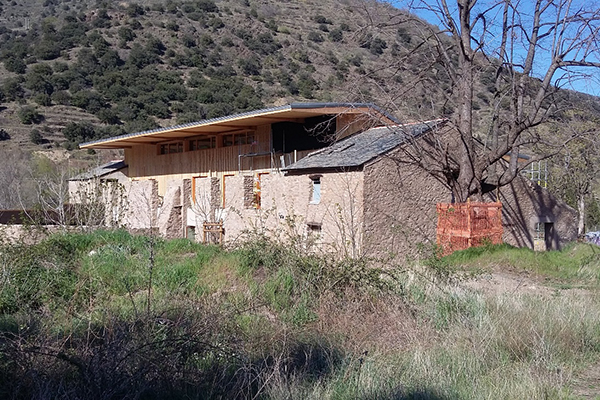
Sustainable building from the Arctic circle to the Mediterranean
Attractive public buildings, built of wood and stone to passive house standards: this is how the schools and community centres of the future will look. With its 35 pilot buildings the MountEE project is putting sustainable building into practice in different climate zones.
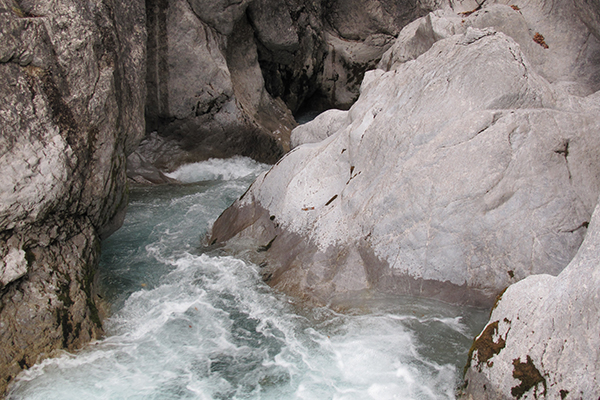
The real treasure of the Alps
A Swiss energy producer is to receive a prize for finding a successful compromise between the protection and use of water: while the head of the Upper Allgäu district authority has approved the building of a small power plant in a protected area over the head of his own officials. Two examples of the tension existing between conservation and the energy transition.
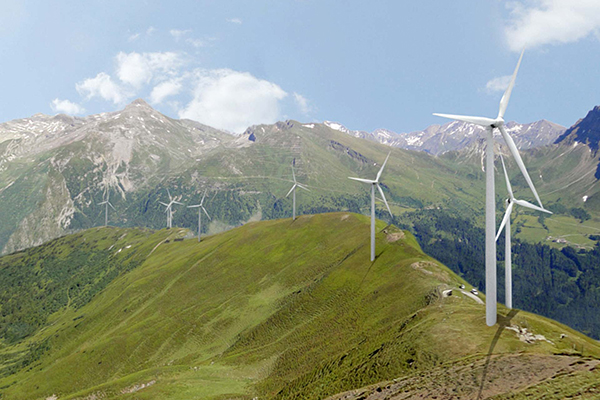
Victory for landscape protection
The controversial application to build a wind farm on the Sattelberg near the Brenner Pass was rejected in a final appeal heard by the Italian Council of State in Rome.
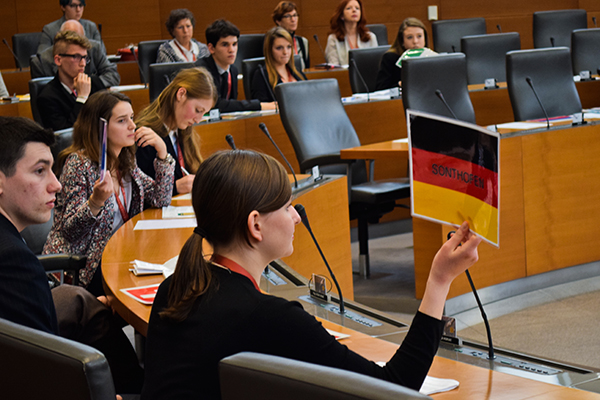
Youthful ideas for “My Green Alps”
What will it take for residents of the Alps to take responsibility for their own habitat? Participants of the Youth Parliament of the Alpine Convention provided some answers at Kamnik in Slovenia.
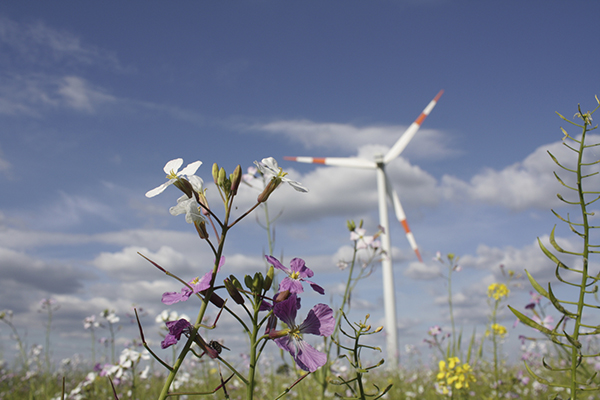
Energy and nature in the Alps: a balancing act
How do we manage the balancing act between renewable energy production and nature conservation in the Alps? The final conference of the recharge.green project can provide the answers. Organised by CIPRA, it will take place from 20 to 21 May 2015 in Sonthofen, Germany.
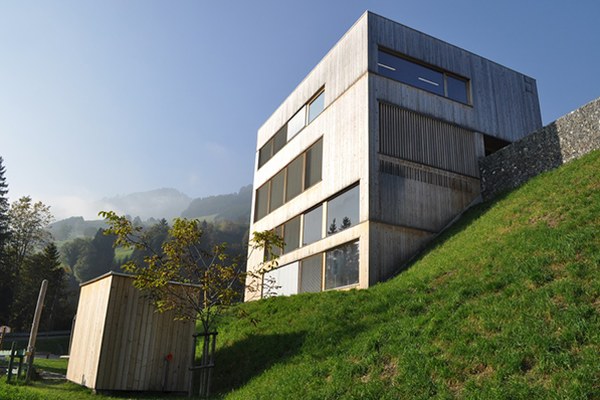
Sustainable building and renovation in practice
Energy-efficient building methods and renovation are by no means utopian. How will such projects look? What needs to be done? A workshop in Idrija, Slovenia in October 2014 will provide the answers.
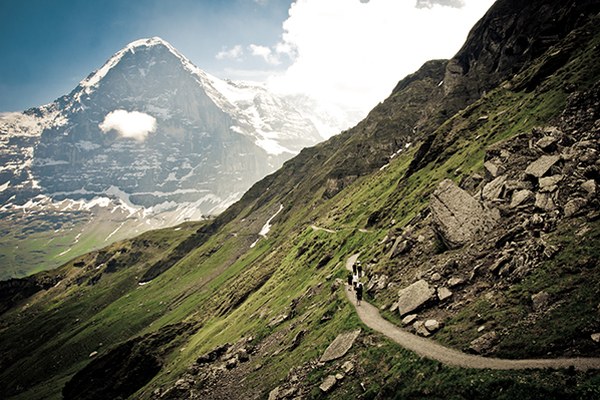
Express tourism on the Eiger
The North Face of the Eiger in the Bernese Oberland is an inspiration for every mountaineer. A new railway project is now intended to make the Eiger, Mönch and Jungfrau mountains even more accessible. Swiss environmental groups are, however, critical of the project.
Strange but true...
... a white complexion, slim, almost dainty – truly a feast for the eyes. And, most important of all, very well developed.
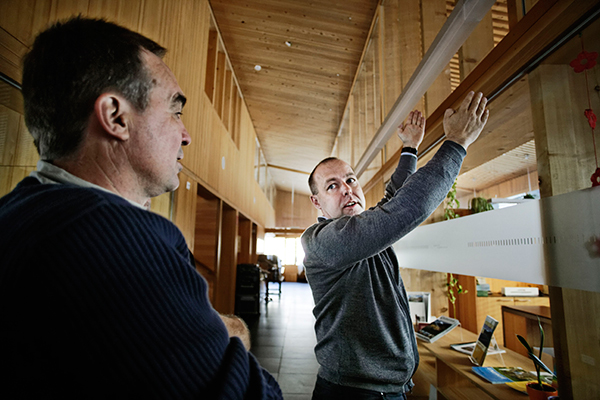
Service as the key to success
Numerous mountain communities in Europe would like to build or renovate their kindergartens, schools or community centres in an energy-efficient way so as to save costs and energy. Implementation is a major challenge, however, as know-how and experience are still lacking. A service package can now provide further help.
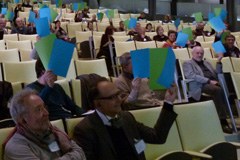
"Landscape is not renewable"
Must the Alps really be squeezed to the last drop so they can contribute yet more to the energy transition? The CIPRA annual conference on "The Alps as a Water Trough" saw more passionate debate on this topic than any other.

CIPRA viewpoint: for an environmentally friendly and participative energy transition
The energy transition is one answer to the threat of global warming and the explosive risks of nuclear energy. Erwin Rothgang, President of CIPRA Germany, speaks about the minimum requirements for the Bavarian Alps.
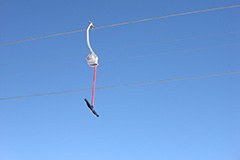
Green winter sports
Ski areas are constructing climate-friendly lift facilities and France has now introduced a new law that obliges lift operators to provide information on CO2 consumption. A report on how ski areas are attempting to be environmentally friendly.
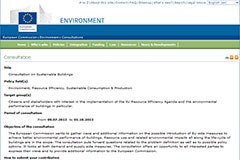
Sustainable Buildings: contribute to the EU consultation!
Sustainable construction means not only energy efficiency but takes environmental, social and economic aspects into account on a long-term vision.
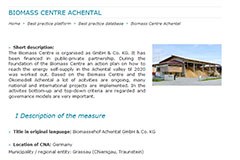
Energy discussed between mountain and lake…
The Alpstar mid-term conference took place from April 25th to 26th 2013, in the city of Grassau in the beautiful region of the Achental.
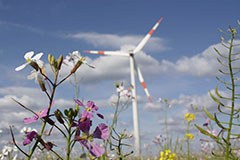
Kick-off for recharge.green project: connecting energy and nature
Concrete dams, wind turbines, tree plantations: there is often a conflict between energy production and nature conservation. The recharge.green project, now being implemented throughout the Alps, intends to give landscapes a value. A solution to the dilemma?
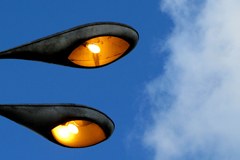
Bolzano sent the proposal for FP7-Smartcities-2013
The participation to the FP7 call for proposals might represent an opportunity to further enhance the activities of Bolzano towards carbon neutrality.